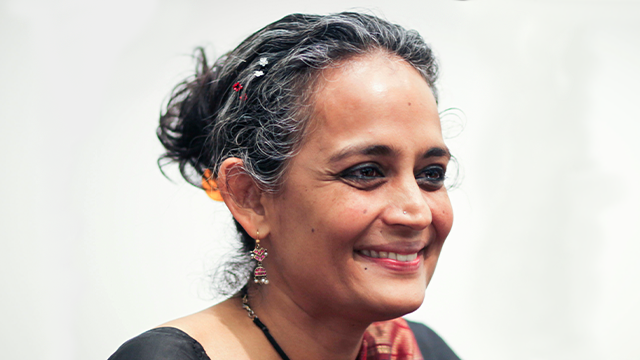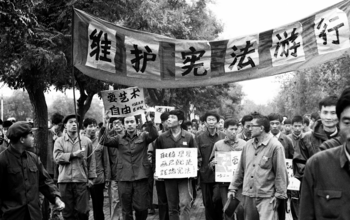Program 2021
Can Indian nationalism include religious minorities? A conversation with Arundhati Roy

The Citizenship Act directly contravenes the principle of secularism enshrined in the country's Constitution and has angered Muslim Indians who feel relegated to second-class citizenship and deplore the discrimination they have increasingly suffered since Narendra Modi came to power 2014. On 5 August, Narendra Modi himself laid the foundation stone of a Hindu temple to be built on the controversial site of a former temple dedicated to Rama and a 16th century mosque destroyed in 1992 during violent inter-community riots. Before Narendra Modi, no Indian prime minister had dared to rebuild the old temple at the risk of reopening old wounds, as nearly 2000 Muslims perished in the cycle of violence that followed the destruction of the Ayodhya mosque that year. Indian unity is cracking: since last autumn, poor farmers have taken to the streets, protesting against market liberalisation, which represents a death warrant for their farms. In the person of Arundhati Roy, they have found a muse.
The FIFDH invites you to an exclusive conversation with novelist Arundhati Roy, who throughout her career has never ceased to denounce Hindu radicalism, discrimination against people of the Muslim faith and the authoritarian excesses of the powers that be.
The French version of her latest book, "Azadi", will be published next March by Gallimard.
©Photo Augustus Binu
Saturday 13 March
17:00
En ligne
The conversation will be held in English with simultaneous interpretation into French.
Speakers
Arundhati Roy Writer and activist The French version of her latest book, Azadi, will be published next March by Gallimard.
Moderated by
Claire Gallien Lecturer in Anglophone Studies, Université Paul Valéry - Montpellier 3









